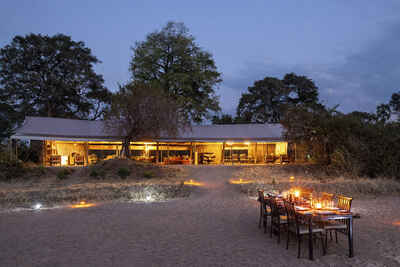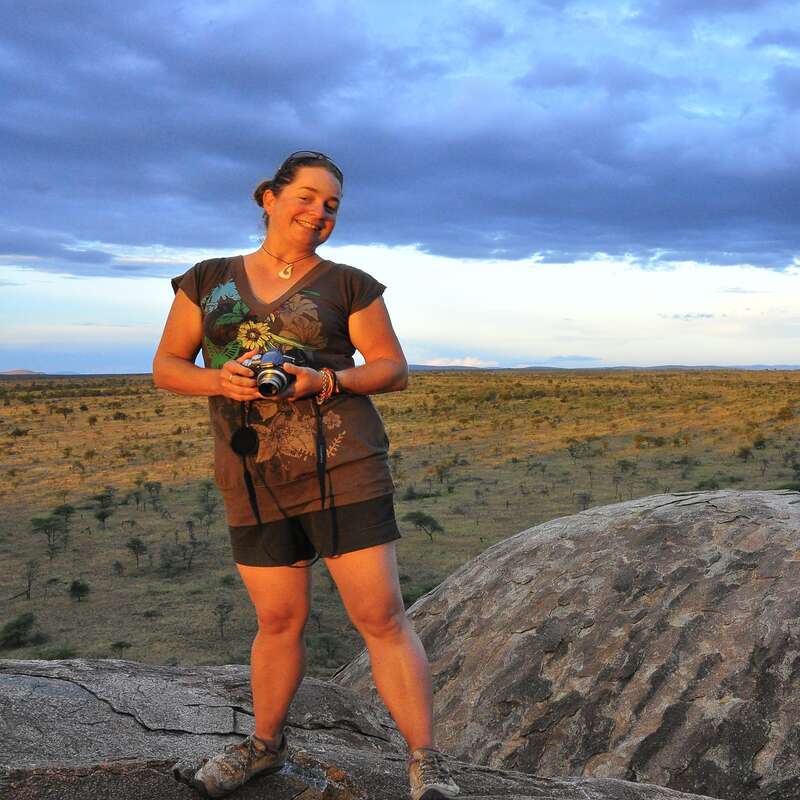About Kwihala Camp
Kwihala combines comfort and simplicity in a superb game viewing location to delight any true wilderness enthusiast.
**Kwihala Camp is currently closed. We are waiting to hear about future plans for the site. Please contact us for more details. **
Kwihala strikes a good balance between wild camping and essential comforts. This frontier style bush camp has six well designed tented rooms set amongst Sokwe Forest – a cool haven for animals, birds and humans alike. Beds are comfortable and toilets are flush, whilst bucket showers and solar lighting keep the eco footprint light. The accommodation is simple yet the attention to detail ensures all needs are catered for.
The camp’s superb location on the Mwagusi River in wildlife rich surroundings means not a minute of animal viewing time is squandered by having to travel to and from the prime game drive areas. The diverse landscape and quantity of wildlife, enhanced by the expert knowledge and humour of the excellent guides, make every activity special. In addition to game drives, Kwihala offers bush meals, night drives and exhilarating walking safaris.
The service at Kwihala Camp is warm and friendly. Visitors are enthusiastically sung into camp upon arrival and welcomed back from each activity with a smile. Finally, the enchantment of dining in the dry riverbed under a starlit sky encircled by fairy solar lamps is pure magic.
Our view
Kwihala blends simple charm with high standards to create an elegant bushcamp. The top service and style expected from a larger operation combines with the personal and characterful feeling of a small camp in a brilliant way. But it's Kwihala's excellent guiding in this fairly remote park that is the real draw.
Accommodation
6 tented rooms
Children
Best for aged 12+
Open
1st June to 15th March
Activities

4WD Safari

Birdwatching

Guided walking safari

Hot air ballooning

Night drive

Private activities
Traveller reviews of Kwihala Camp
111 real, un-edited reviews from Expert Africa's travellers.
Arrived 18 Jul 2023, 6 nights
"Kwihala Camp review"
Overall rating: Excellent
Arrived 7 Jul 2023, 3 nights
"Kwihala Camp review"
Overall rating: Excellent
Arrived 29 Sep 2022, 4 nights
"Kwihala Camp review"
Overall rating: Excellent
Arrived 16 Sep 2022, 4 nights
"Kwihala Camp review"
Overall rating: Excellent
Arrived 14 Sep 2019, 5 nights
"Kwihala Camp review"
Overall rating: Excellent
Arrived 11 Sep 2018, 3 nights
"Kwihala Camp review"
Overall rating: Excellent
Arrived 14 Jan 2018, 5 nights
"Kwihala Camp review"
Overall rating: Excellent
Arrived 12 Feb 2017, 5 nights
"Quality camp"
Overall rating: Excellent
Arrived 6 Jan 2017, 9 nights
"Kwihala sets the bar high"
Overall rating: Excellent
Arrived 29 Oct 2016, 3 nights
"Excellent, Excellent, Excellent"
Overall rating: Excellent
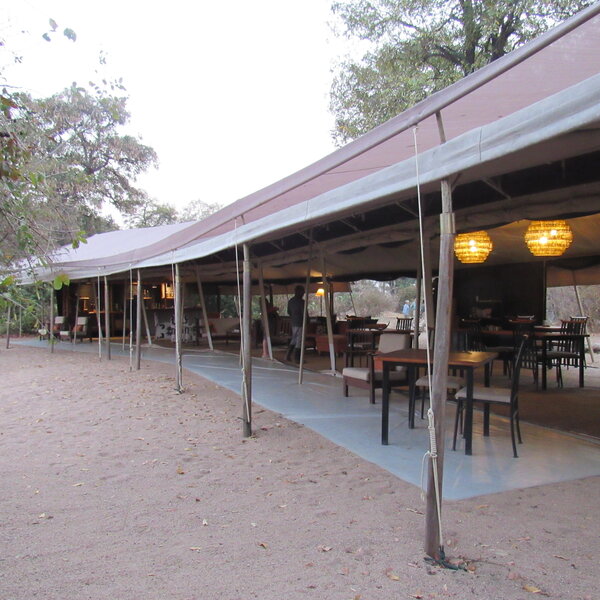
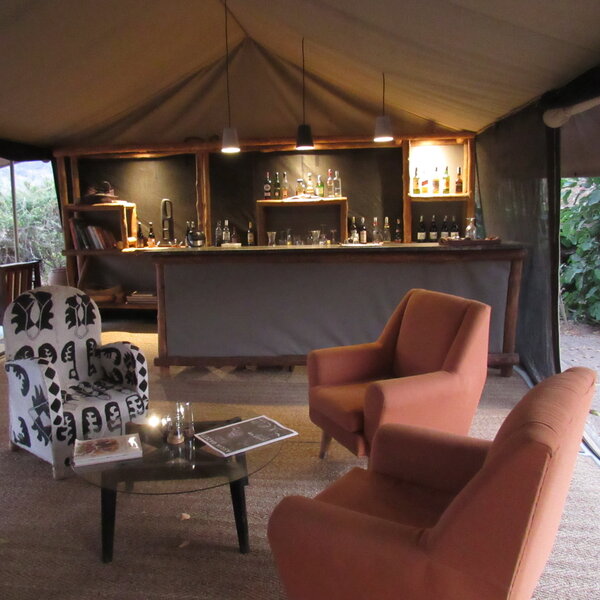
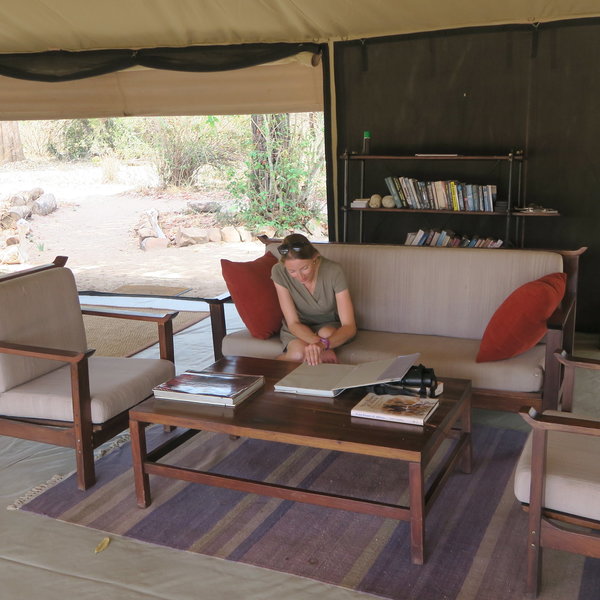
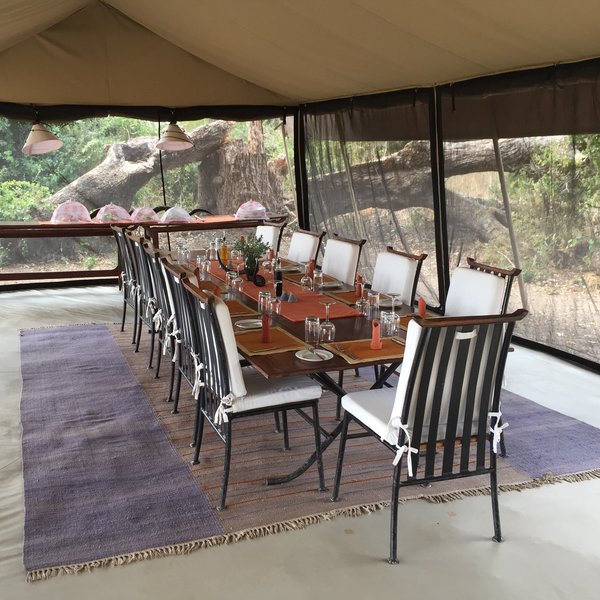
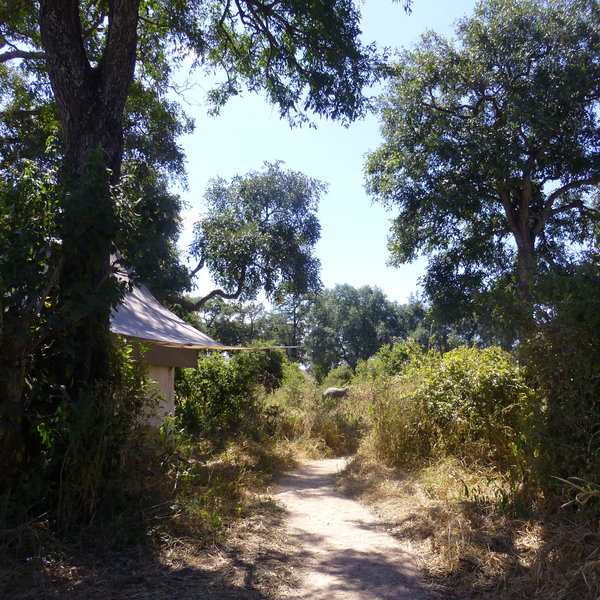
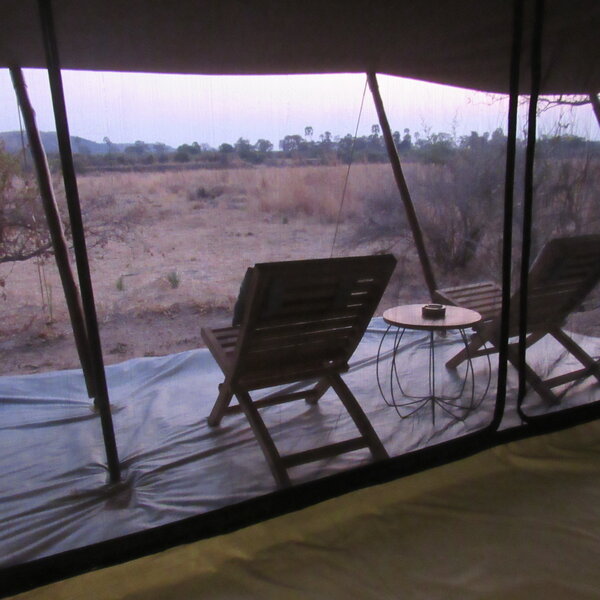
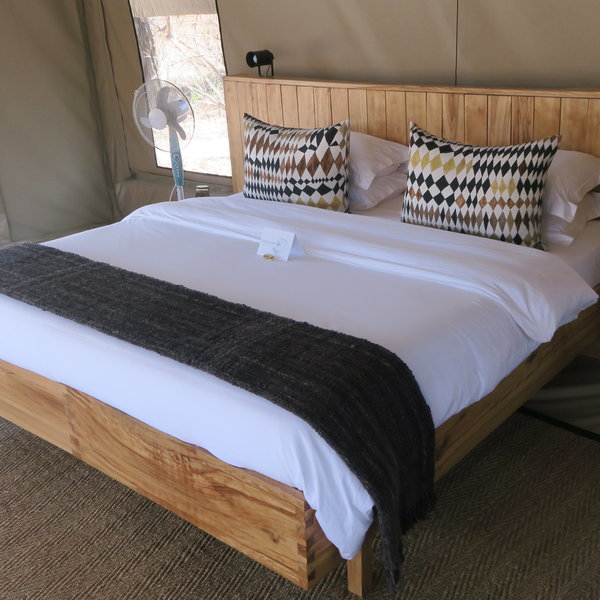
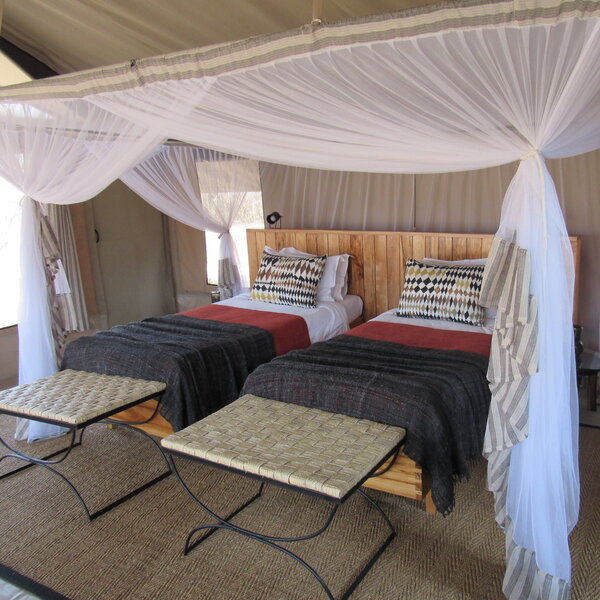
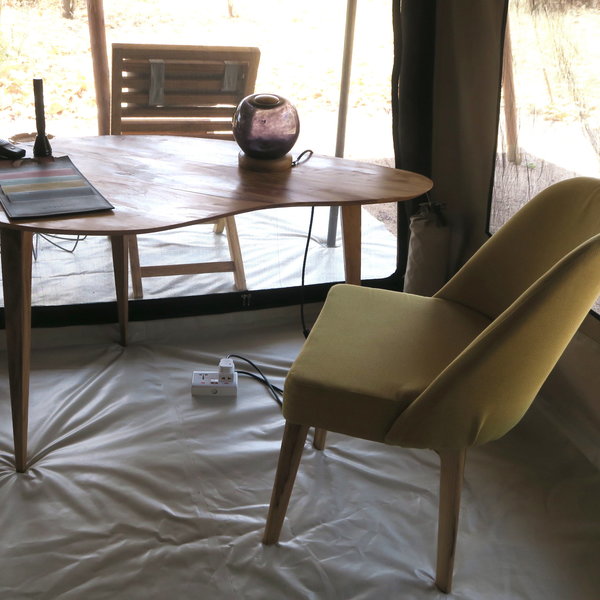
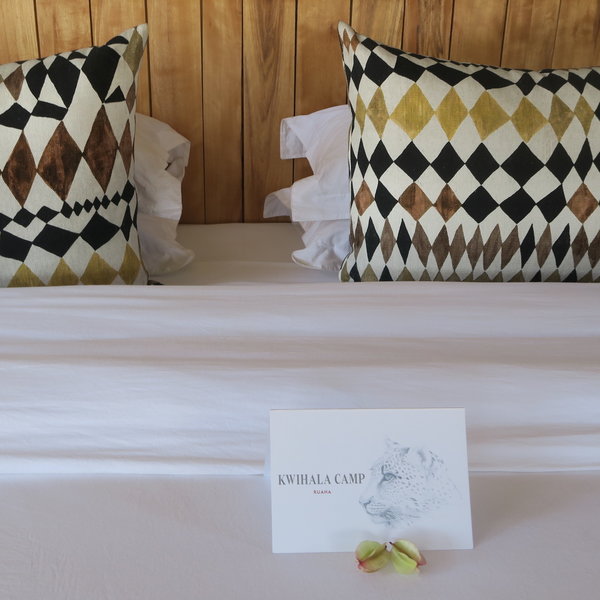
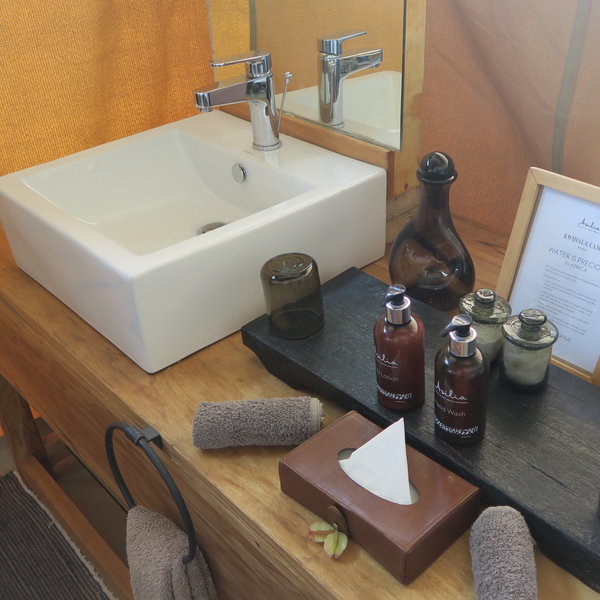
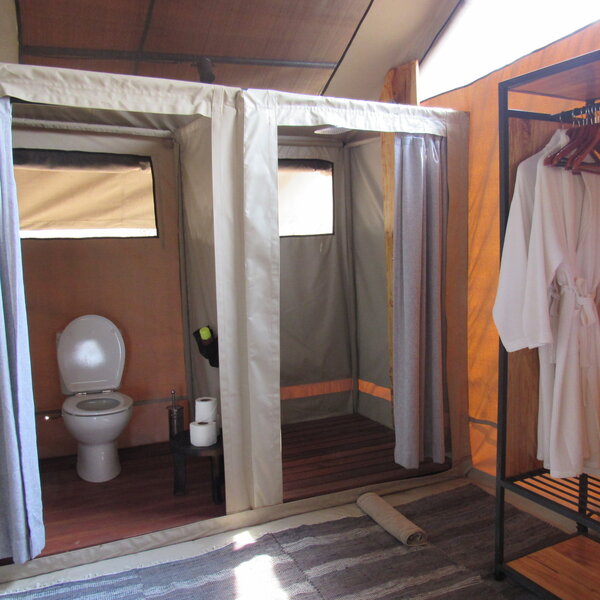
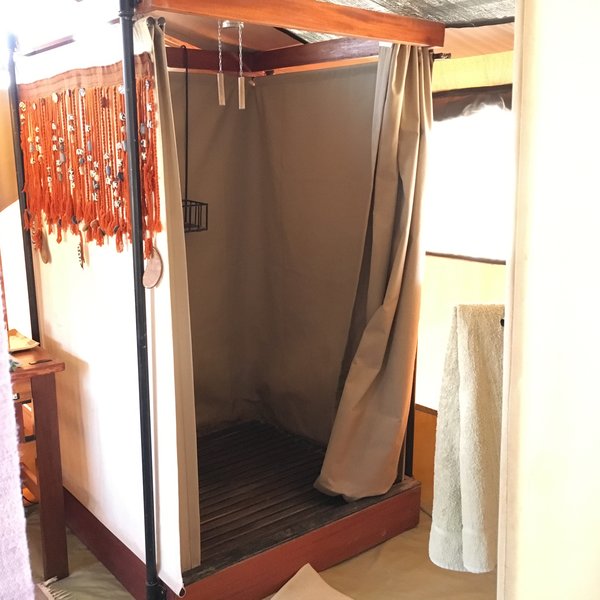
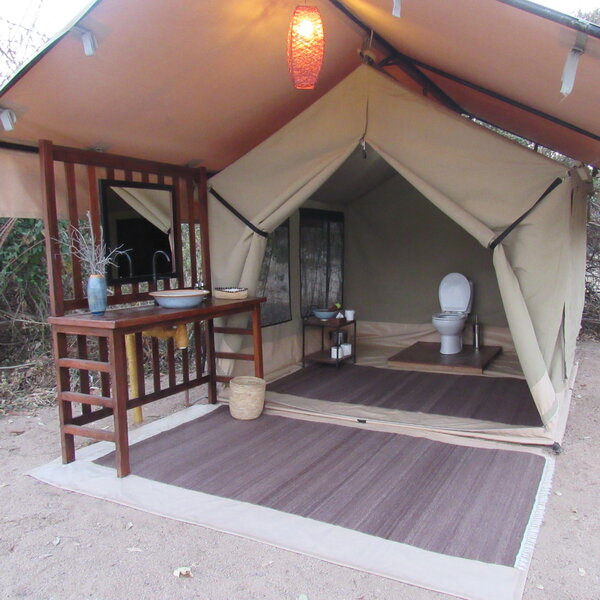
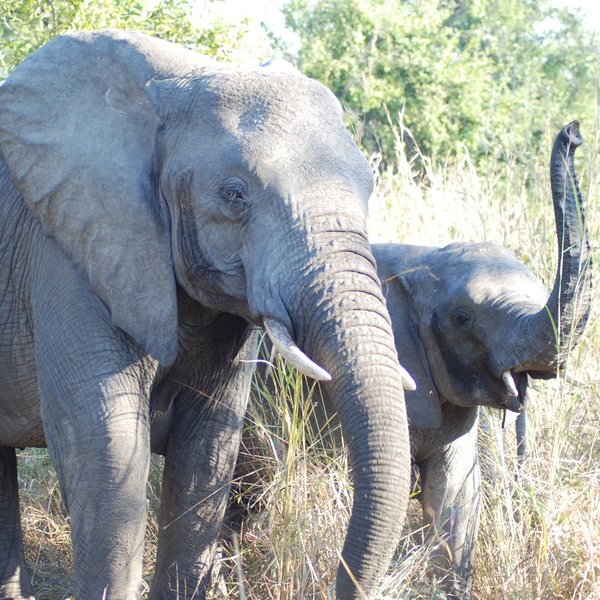
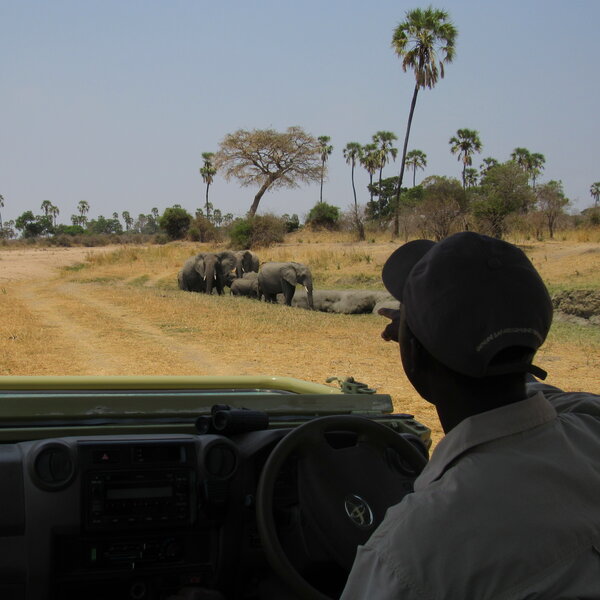
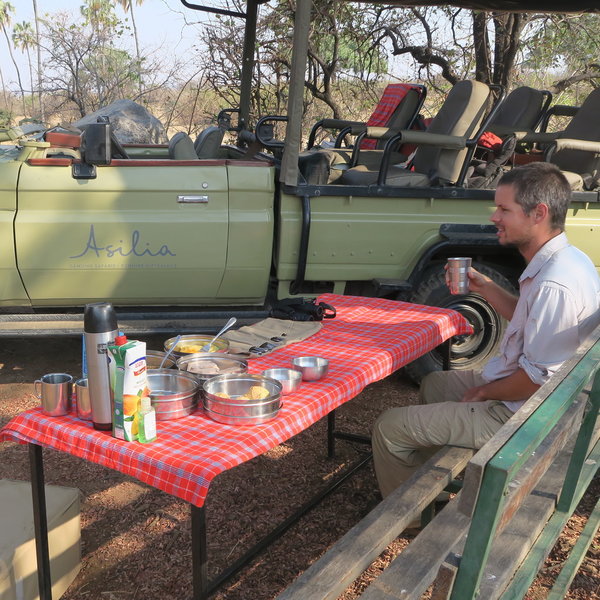
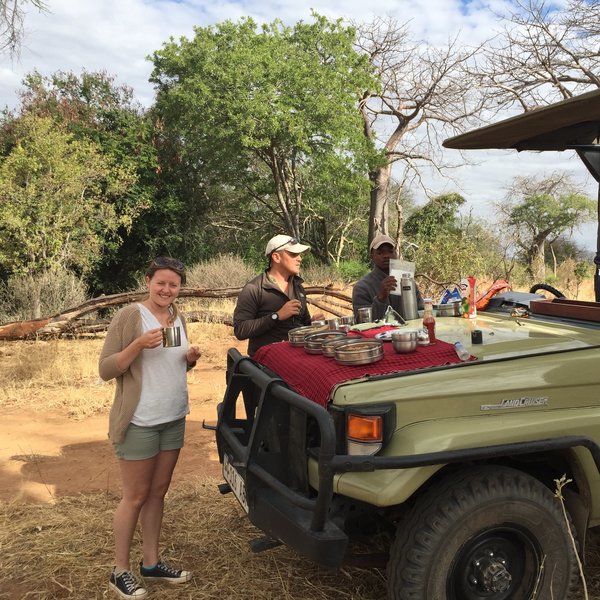
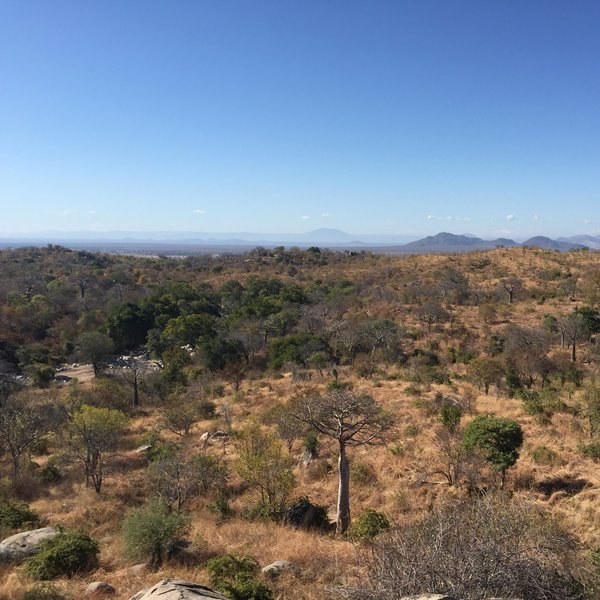
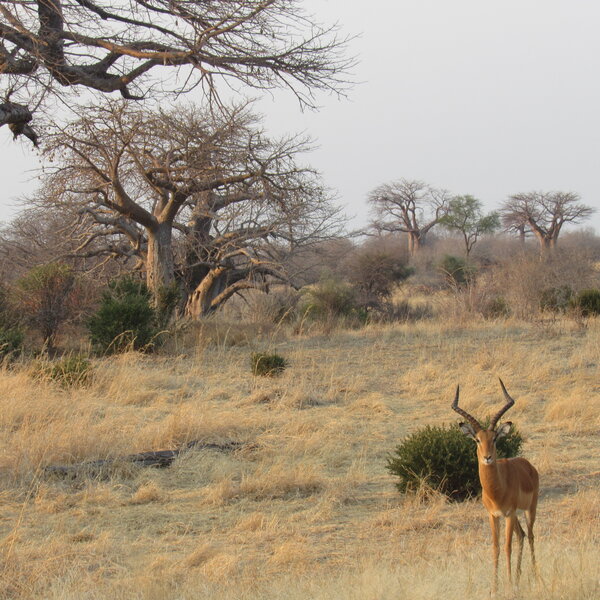
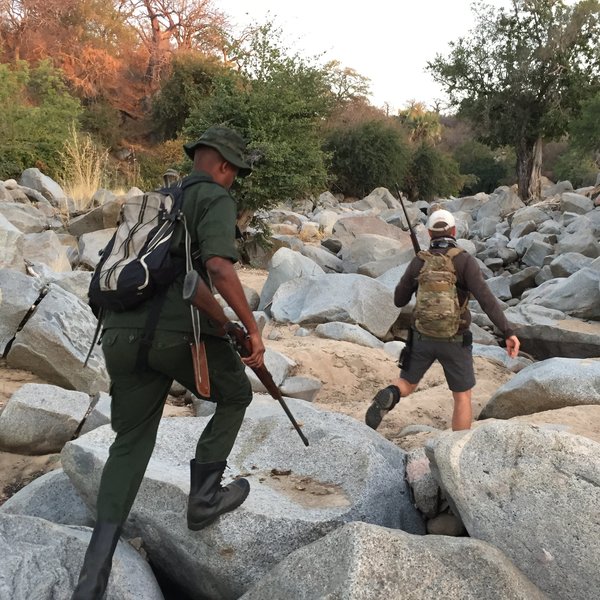
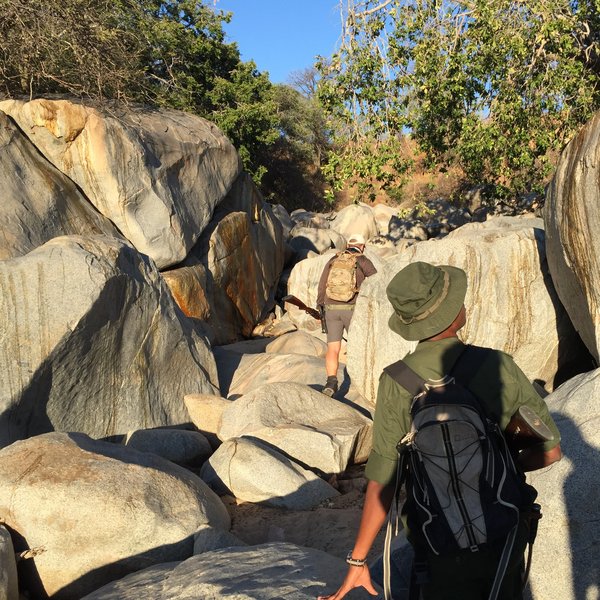
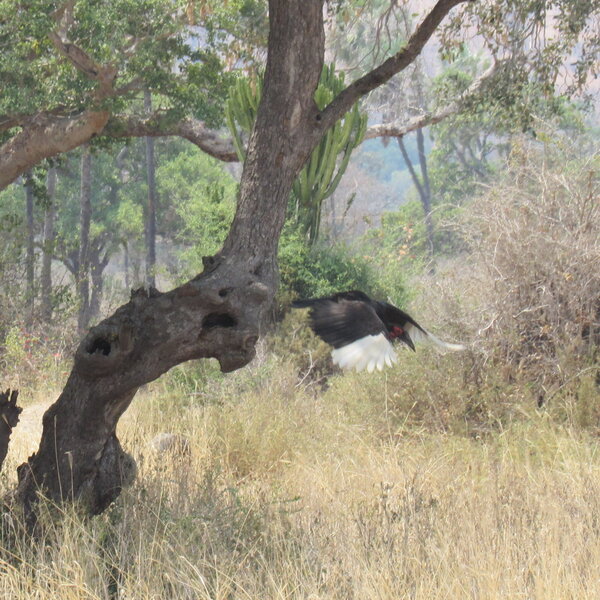
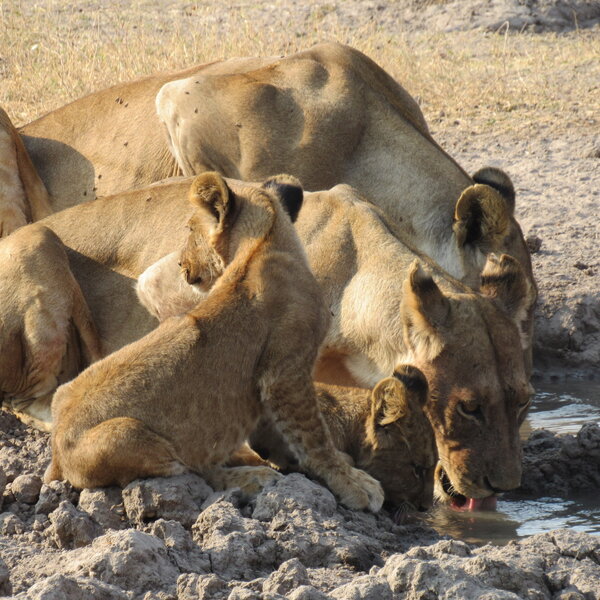
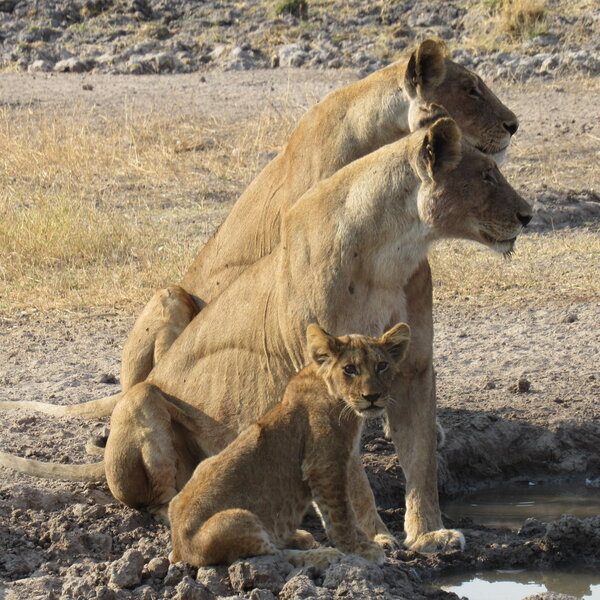
Expert Africa's gallery
When we travel we take lots of photos ourselves to give you a real and un-edited view of the safaris. See our 61 pictures and 1 videos of Kwihala Camp to get the candid view.
View galleryKwihala Camp: Our full report
Kwihala is a well-established camp in one of Ruaha National Park’s best wildlife viewing areas.
It is a tented camp with a traditional safari feel without scrimping on comfort. Blending beautifully with the surrounding bush Kwihala offers a high level of service, attention to detail and memorably excellent guiding.
**Kwihala Camp is currently closed. We are waiting to hear about future plans for the site. Please contact us for more details. **
There is nothing truly permanent about this camp and you won't find any cement or stone. Instead well-designed structures, using natural-coloured canvas that blends into the vegetation, have been fitted with furniture and fittings elegantly in keeping with their surroundings. Kwihala offers comfort without losing any sense of being in the wilderness.
The six large, pale-coloured, walk-in tents at Kwihala Camp are furnished with simple, practical, well-made furniture, such as light wood beds under a mosquito net canopy, sisal and wrought iron luggage racks and a neutrally coloured occasional chair. Touches like the metal spotlights combine nicely with the natural fabrics and materials for a modern flair. Traditional zips are replaced by a wooden door for easier access and each tent has a large makuti floor mat and a standing fan.
A curtained doorway separates the bedroom from the en-suite bathroom. Here, you will find a large wooden plinth with two ceramic basins, mirrors and a selection of complimentary toiletries. An open wardrobe offers hanging and shelf space and the shower and flush toilet have separate cubicles with wooden floorboards. The safari shower looks and operates exactly like a normal shower. A tank outside your tent that supplies the shower will be filled with 20 litres of warm water in the mornings, evenings and on request.
A small shaded veranda in front of each tent is set with wooden chairs and a side table. It’s a relaxing spot with views over the bush from where you can watch birds fly in to make use of the little bird bath.
The main lounge/dining area is a wonderful open-sided tent, which faces the Mwagusi Riverbed. The style is functional comfort and bare ground sheets are still visible along the edges of the vast makuti mat. It is a minimalist, natural style that takes nothing away from the surrounding bush and wilderness location.
At one end hangs a large canvas adorned with the signature Kwihala baobab. Comfortable seating invites you to relax and browse through the selection of coffee-table books, or to sit back with a drink from the bar and enjoy the setting. Daytime meals are taken in the dining area, within the main tent or on the shaded veranda. There's a little campfire area beyond the tent where guests gather in the evening for drinks and light snacks before dinner. Dinner is served in the main tent or in the open, in front of the main area.
The guiding at Kwihala is typically excellent, with highly trained and passionate guides who have extensive wildlife experience of Ruaha, and often elsewhere in Tanzania too. On the last few visits to the camp we have felt that the guiding here is some of the very best that we have experienced in the park.
Acitvities at Kwihala mainly focus on morning and afternoon game drives in the game-rich areas around camp. For longer stays it's possible to do whole-day drives to more far-flung regions of the park, such as the Jongomero area. Here, you'll find a more forested landscape and a slightly different composition of species.
Night drives are an option included in the nightly rate of the camp, although advanced notice is needed so a national park scout can accompany you. Night drives are always variable in terms of what you see but, on our last trip, we spotted nocturnal species including bat-eared-fox, white-tailed mongoose and lesser bush baby.
Walking is also an option and Kwihala is one of the few camps in the park where this is included in the nightly rate, although advanced notice is also needed if this activity appeals. Walking areas easily accessible from camp range from the flatter terrain by the Ruaha River, which is a busier part of the park but with good wildlife, to more challenging walks to reach parts inaccessible by vehicle. On our last trip, we climbed the dry Ikuka Falls, scrambling over boulders and ending with a fantastic view over the park.
The camp's small size, excellent guiding and variety of activities result in a safari experience with plenty of scope for guests to explore what really interests them.
Activities
4WD Safari
Birdwatching
Guided walking safari
Hot air ballooning
Night drive
Private activities
Families & children
- Attitude towards children
- Property’s age restrictions
- Children aged five years and above are welcome at Kwihala.
- Special activities & services
- Children aged between 5 and 18 are eligible for discounted prices. There are no special activities or services offered for children.
- Equipment
- Generally recommended for children
- There are no fences at Kwihala; animals regularly wander through camp and parental supervision is required at all times. Due to the openness and lack of entertainment facilities the camp is best for older children.
- Notes
- Parents should note that children are their own responsibility for the duration of their stay.
Food & drink
- Usual board basis
- Full Board & Activities
- Food quality
- On our last visits, 2018 and 2019, we found the meals at Kwihala Camp to be well-prepared, including plenty of fresh fruits, vegetables and salads. Timings of meals are usually quite flexible to fit around the guests, and the day's activities. Although dining at Kwihala is generally a communal event, private dining can be arranged on request.
Breakfast at Kwihala usually consists of an assortment of fresh fruit, yoghurt, pancakes and a cooked breakfast. Guests who leave early on a morning game drive will instead have a simple breakfast of fruits, muffins, cereals and chapattis or bacon sandwiches out in the bush, laid out on the bonnet of the vehicle.
Lunch is normally served as a buffet, or if there are few guests in camp food will be served family style. On our last visit, we enjoyed fish (tilapia), a selection of salads, chips, a tasty tartare sauce and freshly baked garlic bread. We finished with a mango and passion fruit ice, which was very welcome in the midday heat.
Dinner is either in the dining tent or – on clear nights – set out under the stars in the riverbed, with only solar lamps and lanterns for lighting. Your three courses are introduced by the chef before dinner and then served to the table. We started with a crispy ochre salad, followed by a main of lamb curry in a poppadom basket served with pilau rice and green beans, followed by a dessert of lemon posset. On another visit we enjoyed a mixed grill.
Over dinner we were impressed with the waiter's wine knowledge and the range of South African wines on offer, and were very intrigued by the local Tanzanian wine available. - Dining style
- Group Meals
- Dining locations
- Indoor and Outdoor Dining
- Further dining info, including room service
- There is no room service as such, though you can have tea and coffee brought to your room. There is also always the option to dine privately if you prefer.
- Drinks included
- Drinks are included in the price at Kwihala, apart from Champagne, which is charged extra. Filtered drinking water readily available throughout. Each guest is supplied with the gift of a branded aluminum water bottle on arrival – it’s excellent at keeping water cool throughout a game drive.
Our travellers’ wildlife sightings from Kwihala Camp
Since mid-2018, many of our travellers who stayed at Kwihala Camp have kindly recorded their wildlife sightings and shared them with us. The results are below. Click an animal to see more, and here to see more on our methodology.

100% success

100% success

100% success

100% success

100% success

80% success

80% success

60% success

60% success

20% success

20% success

0% success

0% success

0% success

0% success

0% success
Getting there
- Location
- Ruaha National Park, Tanzania
- Ideal length of stay
- We recommend three to four nights at Kwihala to give you time to really explore Ruaha National Park.
- Directions
- By far the easiest way to access Kwihala is to fly into Ruaha from Dar es Salaam, Zanzibar, Selous Game Reserve or northern Tanzania, and then transfer to camp in a safari vehicle. The light aircraft flight from Dar is about 3 hours and the transfer from airstrip to camp about 45 minutes, depending on what you see along the way. By road, Kwihala is about nine hours' drive from Dar es Salaam, while the nearest town, Iringa, is around three hours’ drive away.
- Accessible by
- Fly-and-Transfer
Sustainability
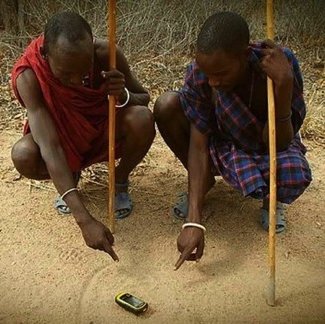
Bringing locals and wildlife closer together
Kwihala Camp is more than just a home to 6 comfortable tents conveniently located in the wilderness of Ruaha National Park in Tanzania, which provides tourists with various game drive and walking safari options. The camp is also involved in empowering local communities and conserving the environment. This is visible through their commitment to mitigating human-wildlife conflicts in the area, a key threat to large carnivores including 10% of the world's lion population.
The Ruaha Carnivore Project was initiated as part of Oxford University's Wildlife Conservation Research Unit and Kwihala has been actively funding their projects, such as the Community Camera Trap Programme. The initiative created a strong connection between wildlife and locals who are now trained and employed to monitor wild animals.
Over the past 9 years, the programme helped reduce lion killings by over 80%, employed 24 locals as camera-trap officers across 12 villages and provided over US$145,000 in benefits to local communities including healthcare supplies, veterinary medicines and educational materials to 10 schools.
See more great sustainability projects in Tanzania
Communications
- Power supply notes
- Kwihala has a backup generator.
- Communications
- The camp has a satellite phone for emergencies and there is generally good mobile reception. WiFi capable of handling emails is available in the managers office.
- TV & radio
- There is no TV in the guest areas at Kwihala. The staff have a TV and guests are welcome to join them to watch it when a big sports match is on.
- Water supply
- Borehole
- Water supply notes
- Water for washing is pumped from the Mwagusi River.
Health & safety
- Malarial protection recommended
- Yes
- Medical care
- All guides and managers are first-aid trained. There is first-aid equipment in camp and in all of the vehicles. For emergencies, Kwihala is linked to the flying doctor service.
- Dangerous animals
- High Risk
- Security measures
- Guests are escorted to and from their rooms at night and there are airhorns in the tents to attract attention in the case of an emergency. Night watchmen are on duty to keep an eye out for animals.
- Fire safety
- Extinguishers and sand buckets are located near all of the tents. There are fire extinguishers in all the vehicles at Kwihala and there is also a firebreak around camp.
Useful info
- Disabled access
- On Request
- Laundry facilities
- A laundry service is included. Please note that clothes are rigorously handwashed, so it is not suitable for delicate items. As with many safari camps, Kwihala is unable to wash underwear for cultural reasons – both gents' and ladies' in this case. Washing powder is provided in the rooms for guests to hand-wash these items.
- Money
- Electronic safes are provided in all of the guest tents. The camp prefers payment for any extras in cash in US dollars, Tanzanian shillings, British pounds or euros. Visa cards are accepted with a 5.5% surcharge. Travellers' cheques are not accepted.
Plan and book your trip with Expert Africa
All of our trips are tailor-made, so we'll always adapt them to suit you. Talk to an Expert and let us plan and arrange your perfect trip.

Talk to an Expert
Call or email us now! We’ll match you with the Specialist in our team who is best suited to help you. Then together we can start planning your trip.

Set up your itinerary
Based on our experience and your ideas, your specialist will create a detailed, costed itinerary. We’ll refine it together, until we have a trip that you’re perfectly happy with.

Prepare for your trip
The same Specialist will make the seamless arrangements for your trip, send you detailed travel documents, and be available to answer any questions before you depart.

Travel with peace of mind
After you set off, you’ll be cared for by our partners in Africa, most of whom have worked with Expert Africa for decades. And if you ever need us urgently, we’re available 24/7.

When you return
We love to learn about your trip, and so will always be grateful if you’ve the time to give feedback to your Specialist when you return.
Kwihala Camp's location
Look closer at the environment and surroundings of Kwihala Camp.
Excursions from Kwihala Camp
Optional extra day-trips and excursions possible whilst you're staying at Kwihala Camp. Talk to us: these are usually best arranged before you go.
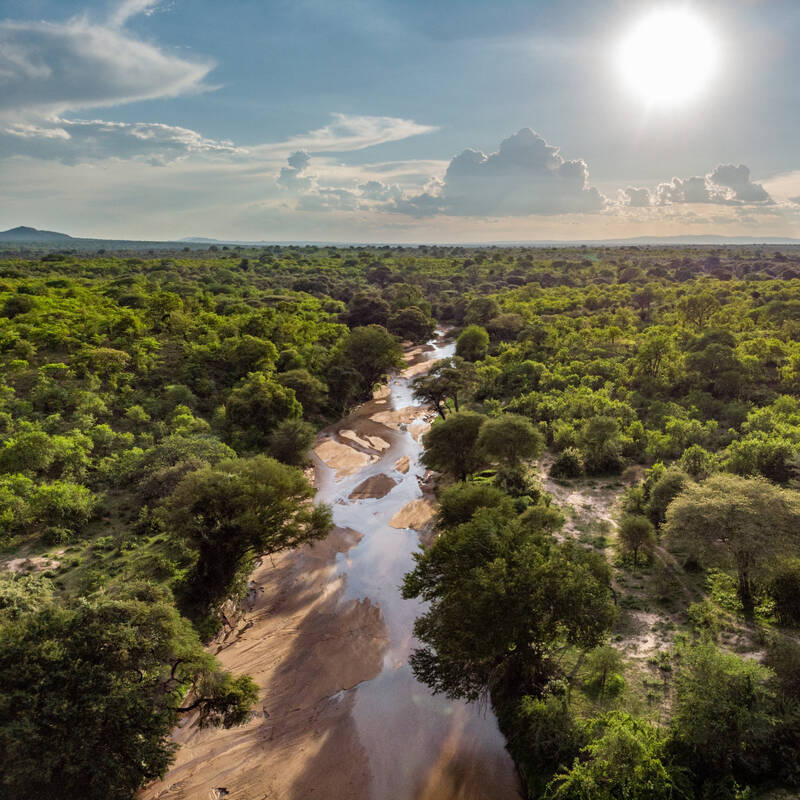
Balloon Safari over Ruaha
Three hours - one hour flight
Varied and scenically stunning, Ruaha National Park features rolling hills, woodlands, open plains and two wide meandering rivers: the Ruaha and the Mwagusi. What better way to view it than from the air, at sunrise? A balloon safari offers just this, the landscape unfolding below your basket as you float almost silently above.
More about Ballooning in RuahaOther lodges in Ruaha National Park
Alternative places to stay in this same area.
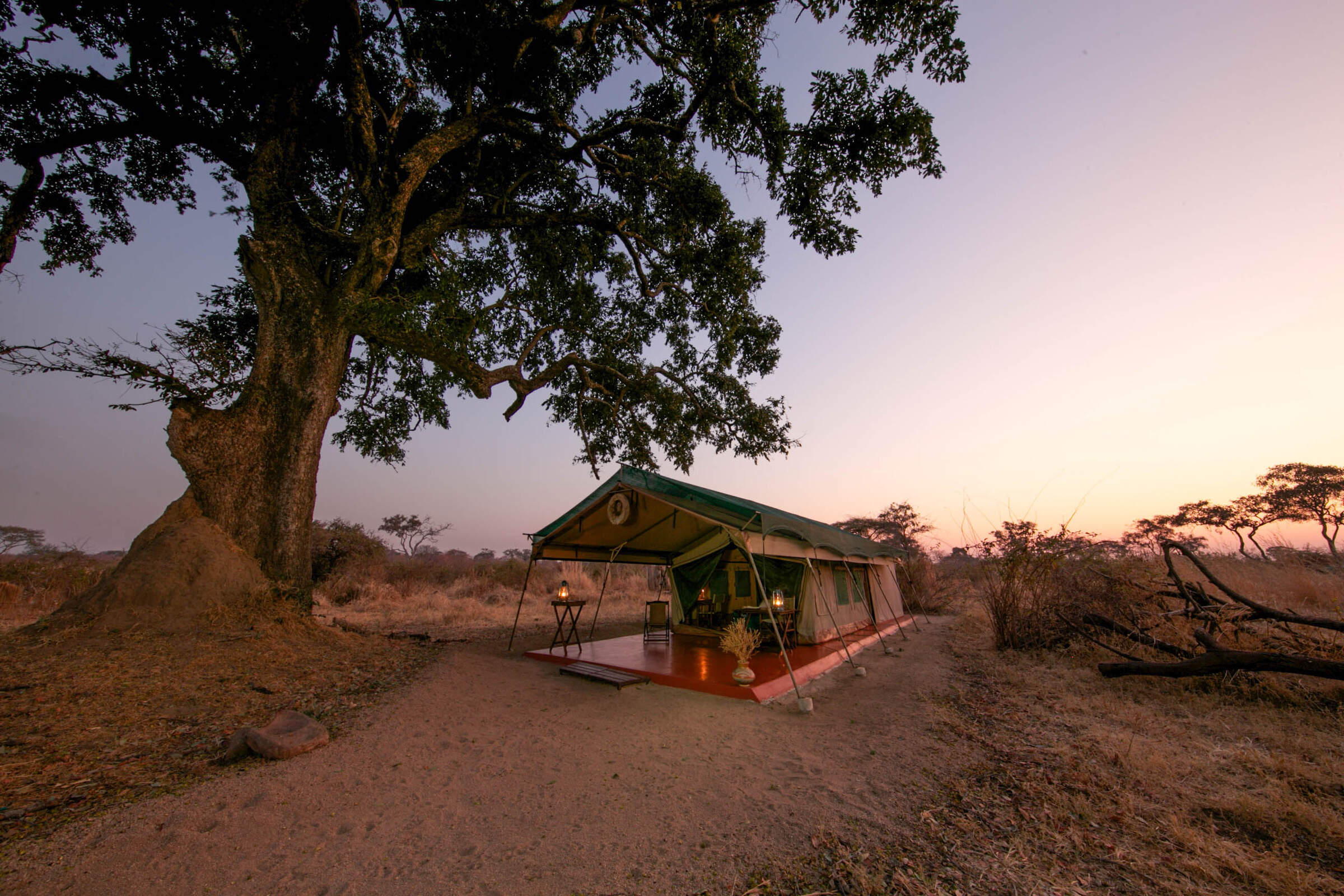
Mdonya Old River Camp
Designed with simplicity in mind, Mdonya River Camp focuses on a great wilderness experience rather than creature comforts.
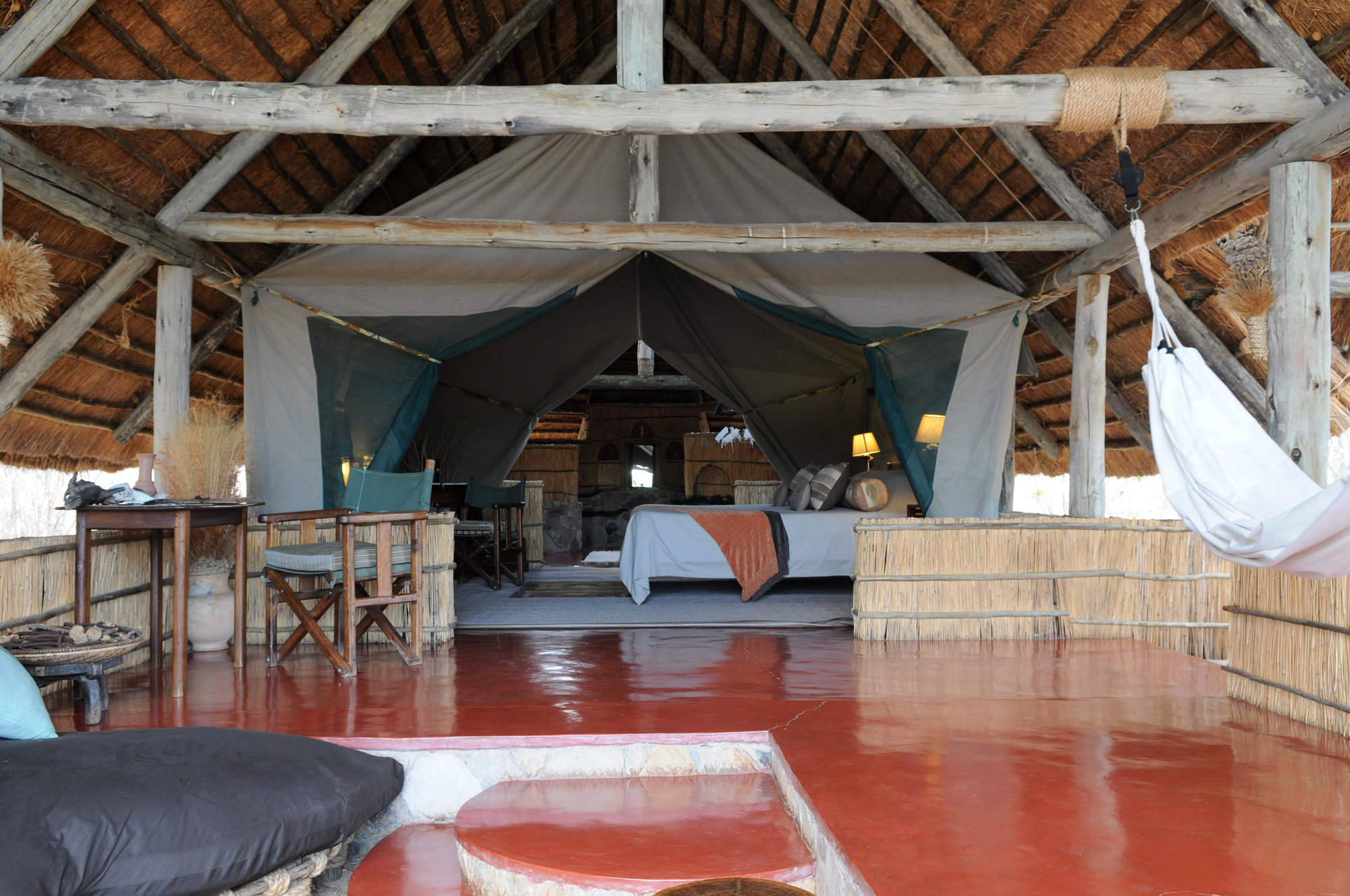
Mwagusi Safari Camp
Mwagusi is a long-established, permanent, tented safari camp, on an attractive bend of the seasonal Mwagusi River.
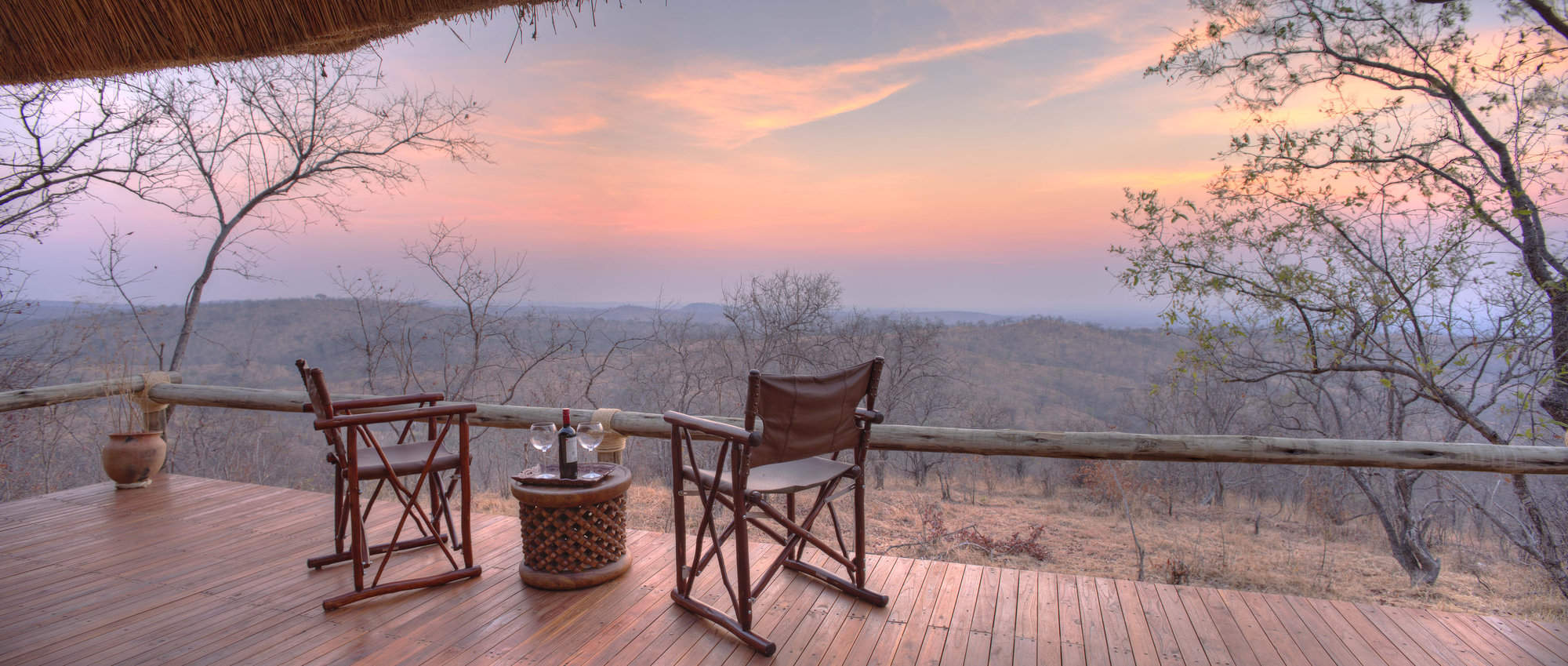
Ikuka Safari Camp
Upmarket and stylish, Ikuka Safari Camp is set high on an escarpment with spectacular panoramic views over Ruaha National Park.
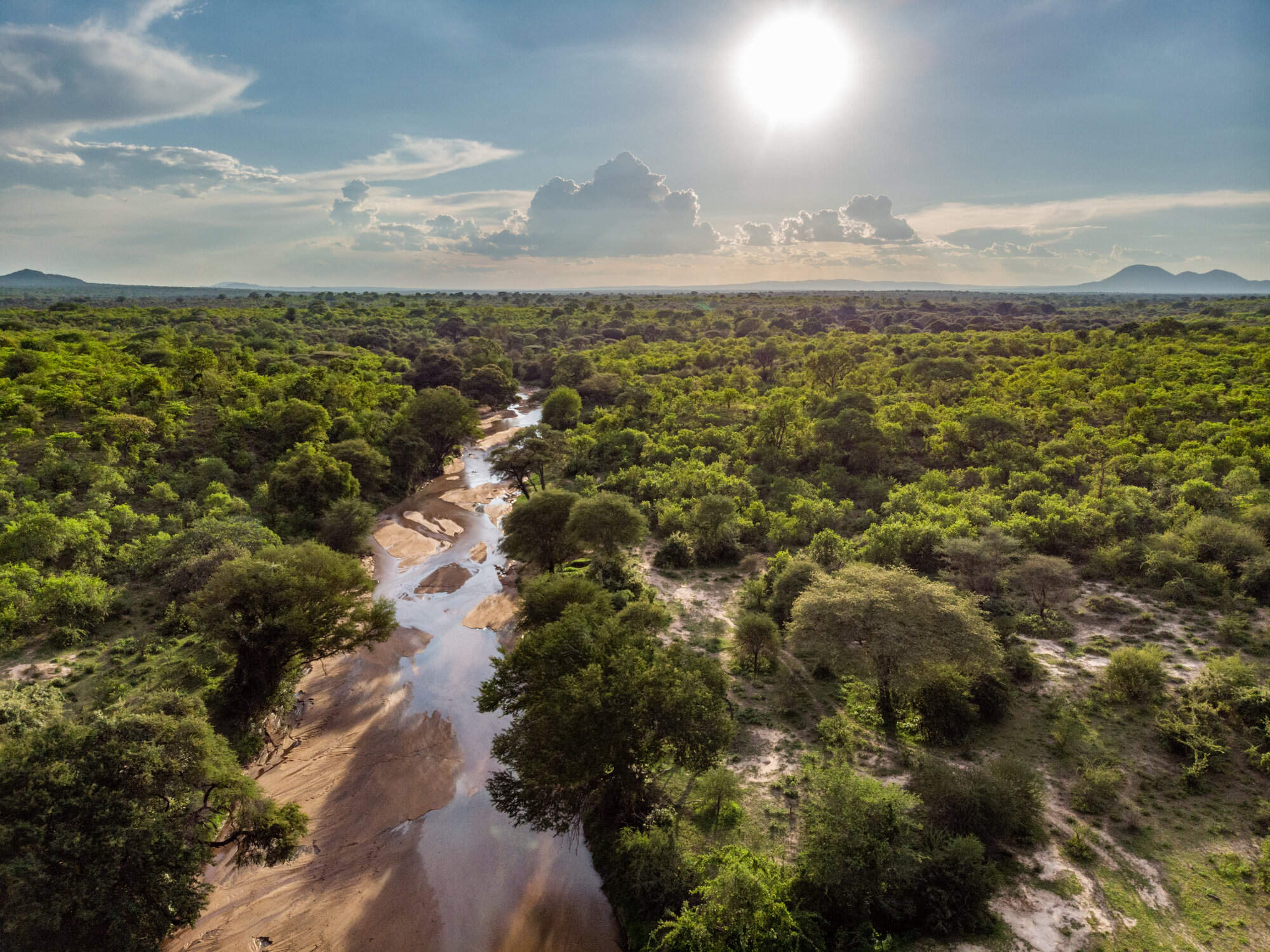
Jongomero Camp
A stylish and luxurious camp in a remote part of Ruaha, Jongomero offers excellent guiding and service in a remote, wilderness area.
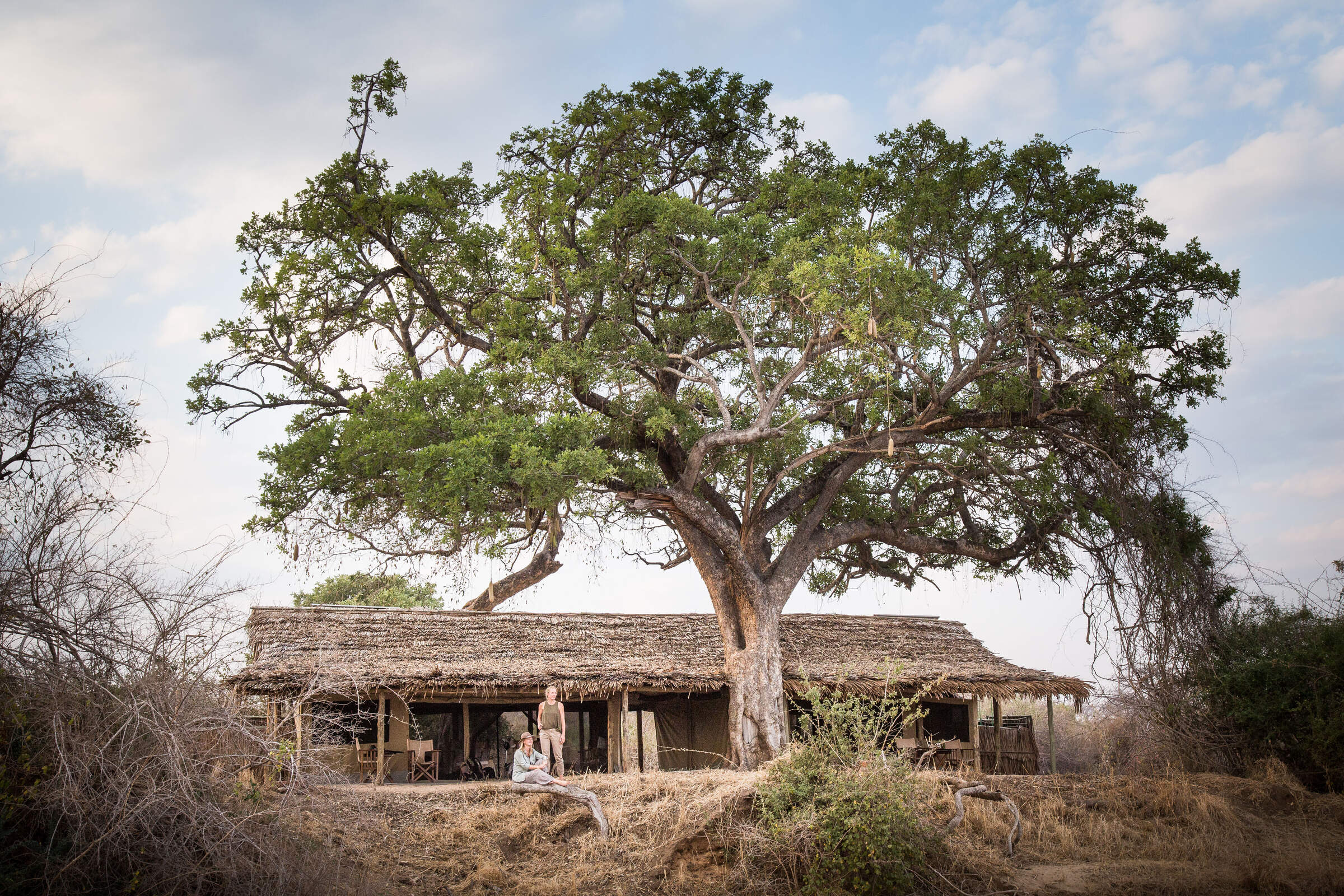
Kigelia Camp
Kigelia is a stylish tented camp, set amid a grove of sausage trees, and combining a simple set-up with comforts and luxury.
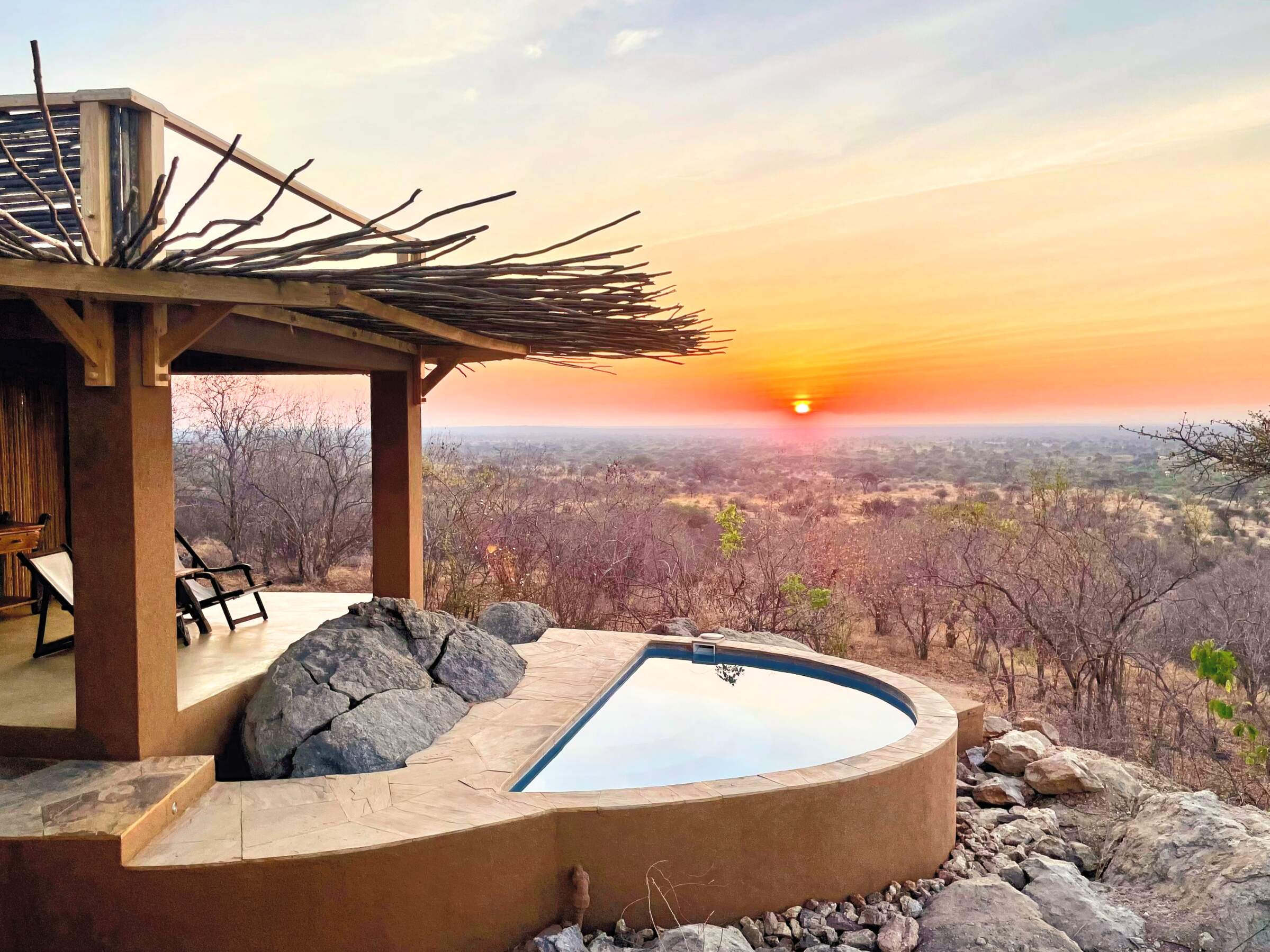
Kichaka Zumbua
Kichaka Zumbua is a small, luxurious camp offering on outstanding walking safaris in a remote area of Ruaha.
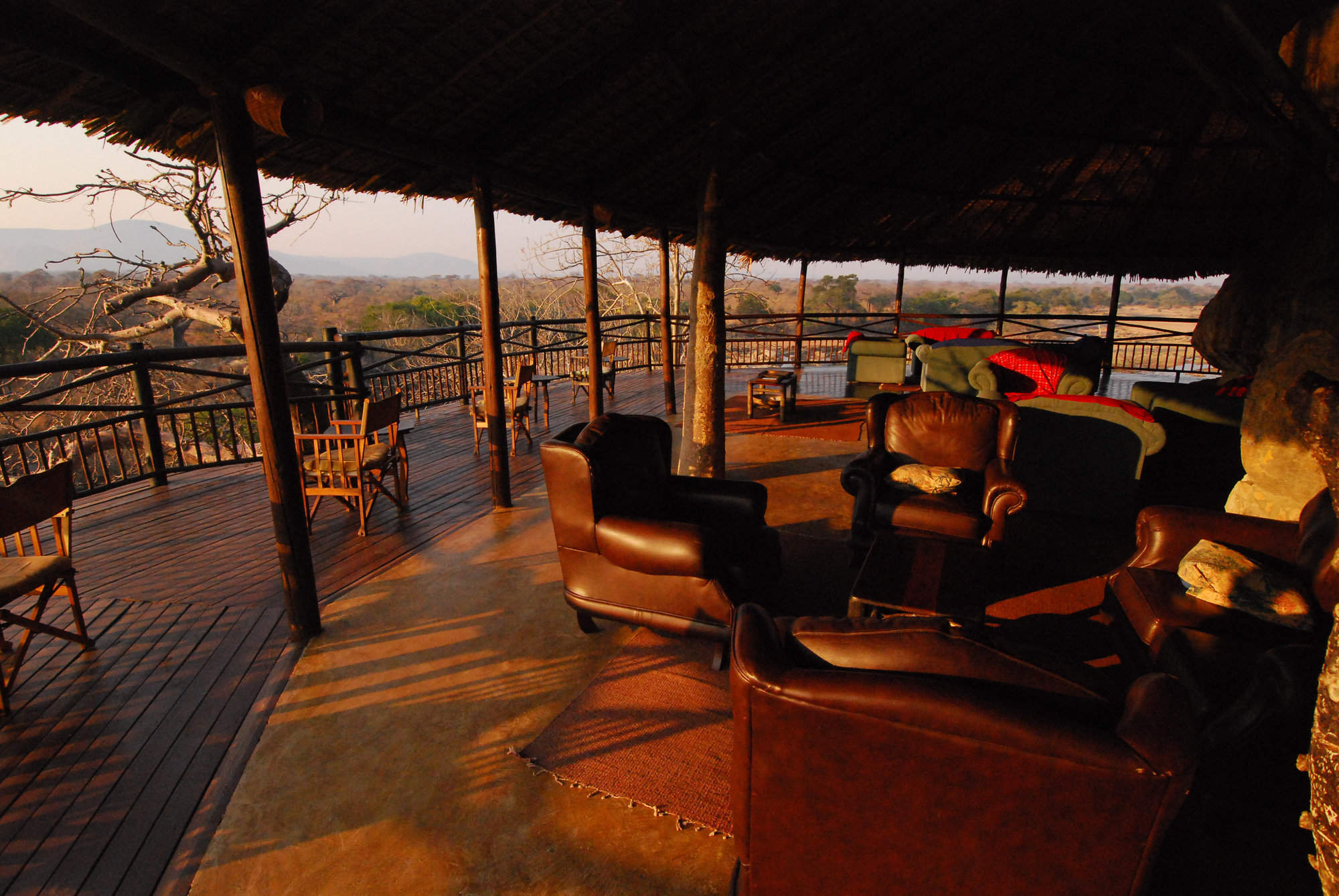
Ruaha River Lodge
In a lovely location beside a rocky river, the unpretentious Ruaha River Lodge is the largest and most economical camp in Ruaha National Park.
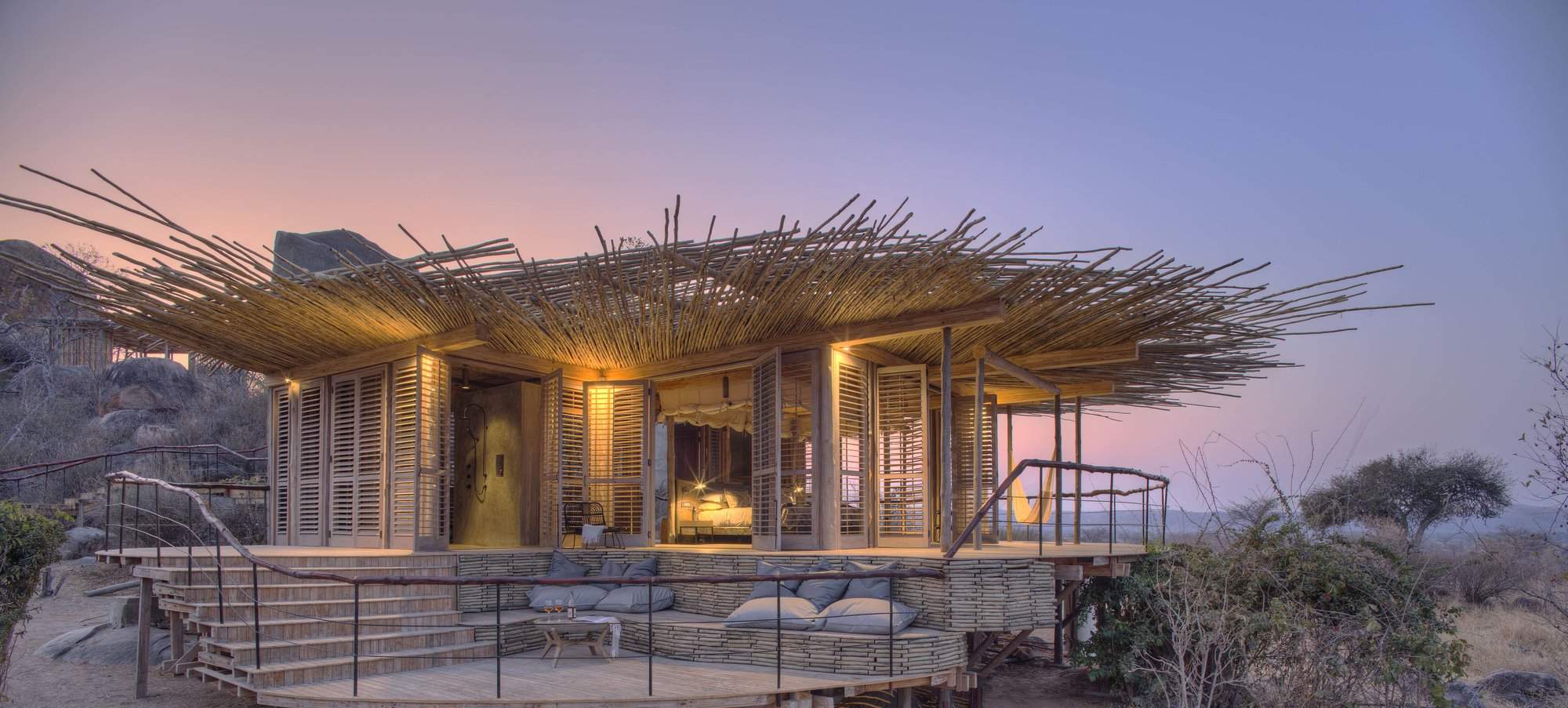
Jabali Ridge
One of Ruaha's most luxurious camps, Jabali Ridge nestles among kopjes and baobabs, with beautiful views of the surrounding area.
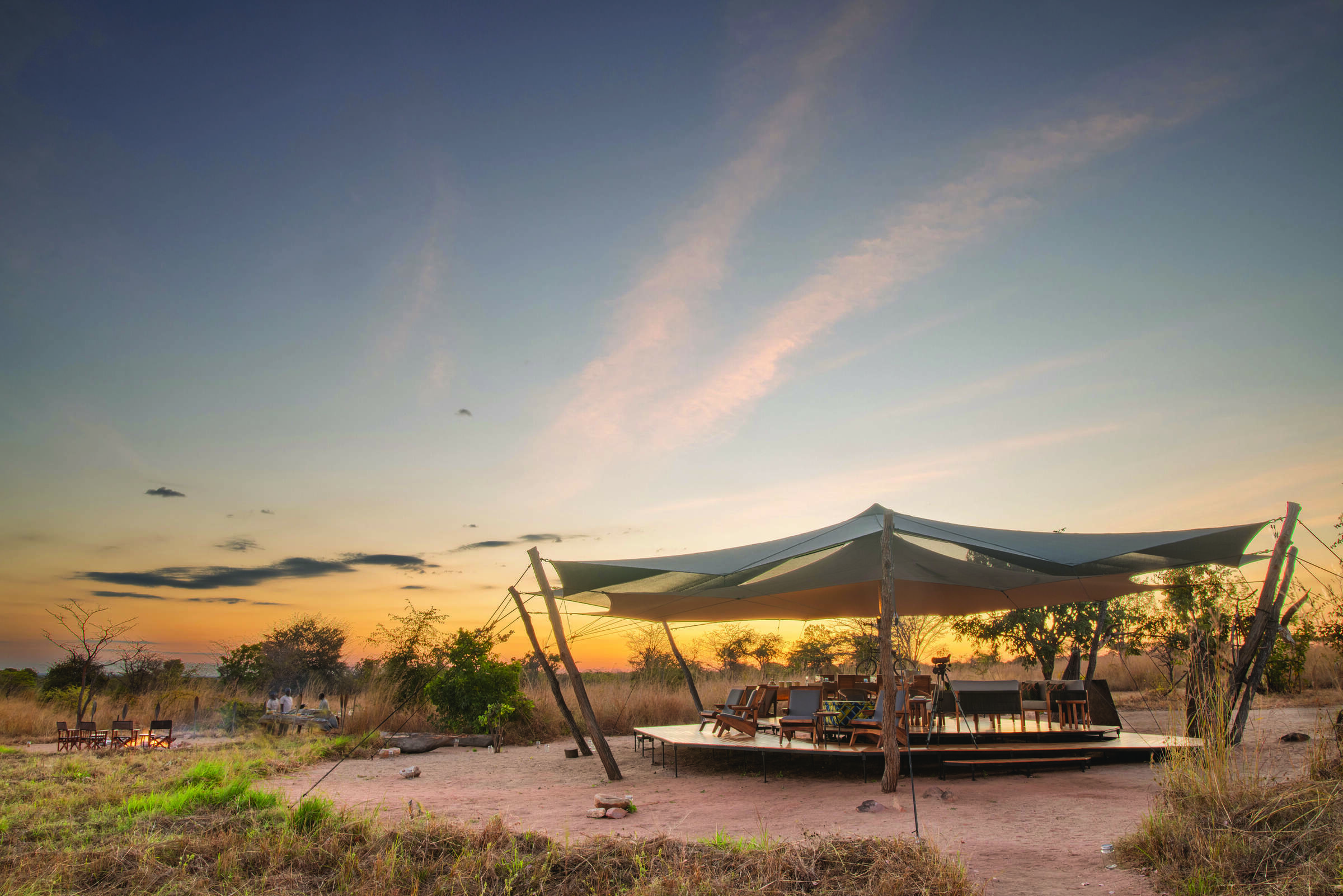
Usangu Expedition Camp
Usangu Expedition Camp is a seasonal camp in the Usangu Wetlands – a remote and enchanting part of Ruaha National Park.
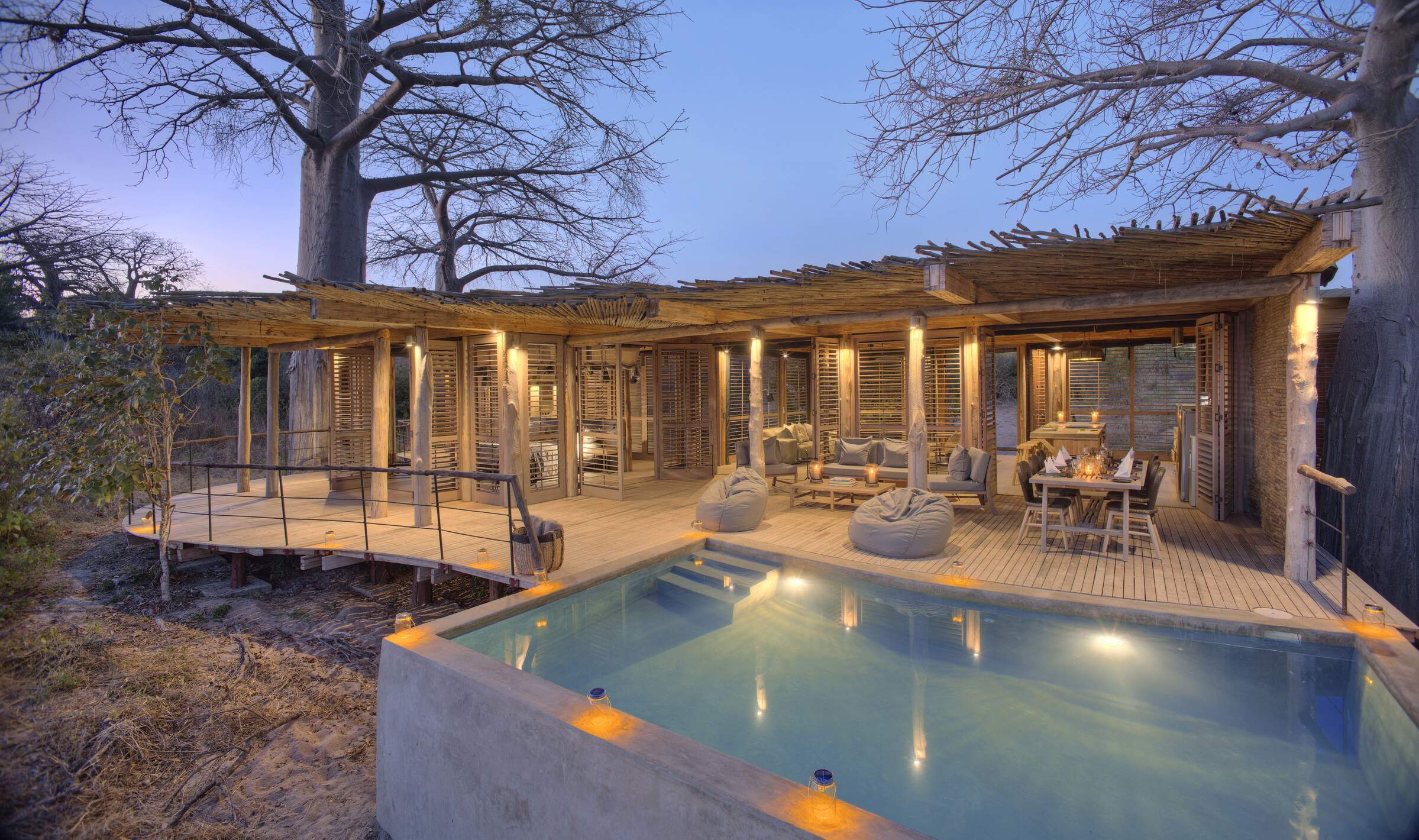
Jabali Private House
Jabali Private House in Ruaha National Park provides luxurious accommodation for private groups booked on an exclusive basis.
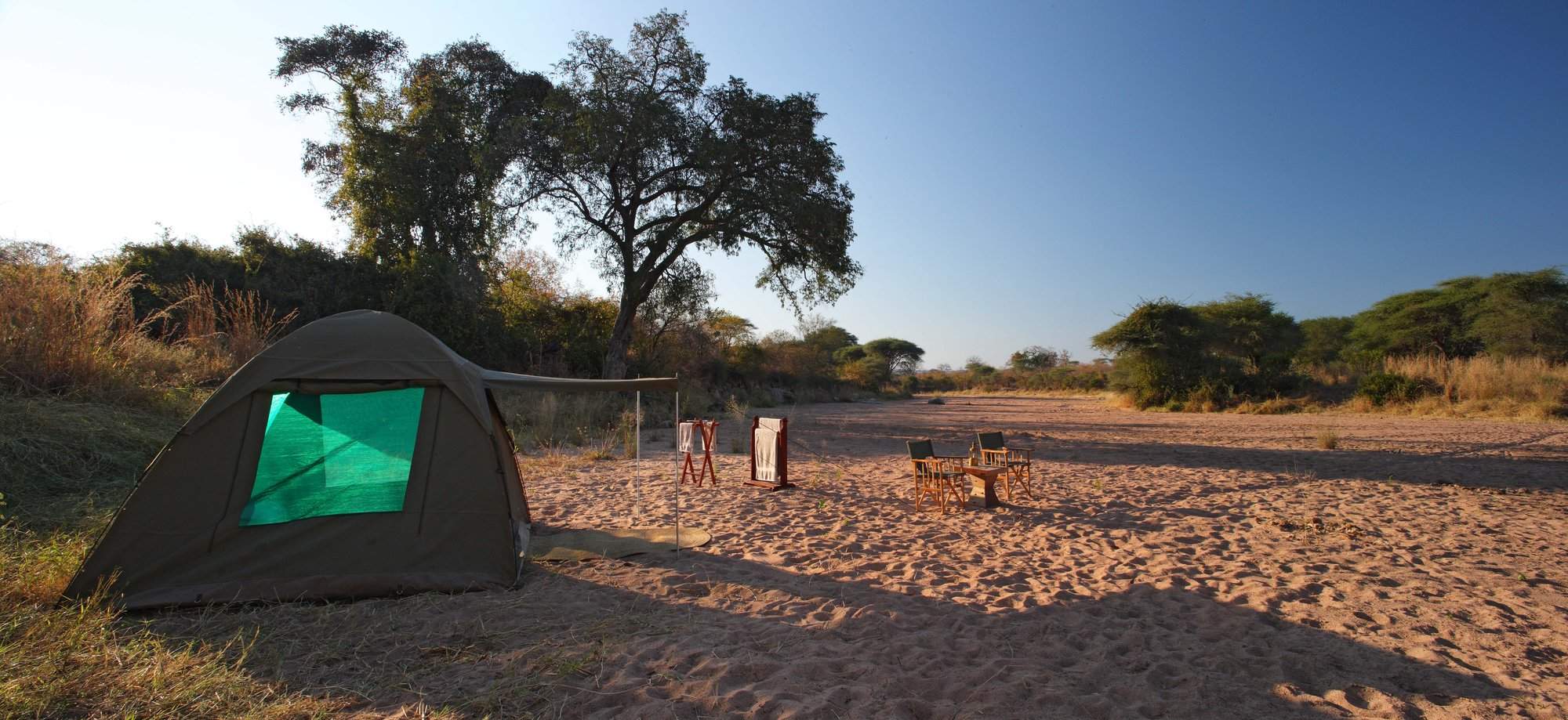
Jongomero Walking
Fly-camping and walking safaris from Jongomero Camp give you the chance to explore remote safari areas in Ruaha National Park.
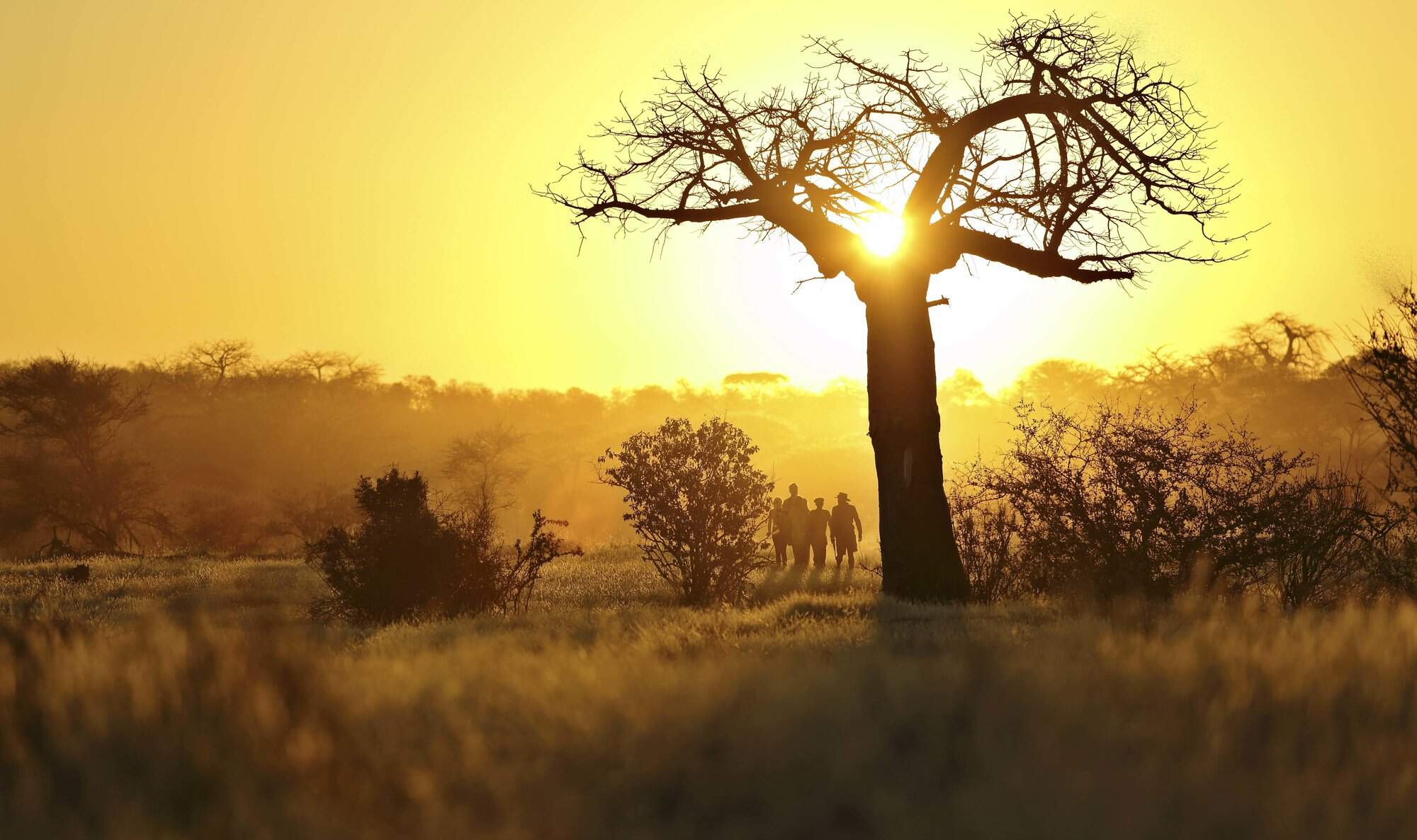
Asanja Ruaha
Asanja Ruaha Ndembo is a smart new safari lodge in a picturesque setting overlooking the Great Ruaha River.
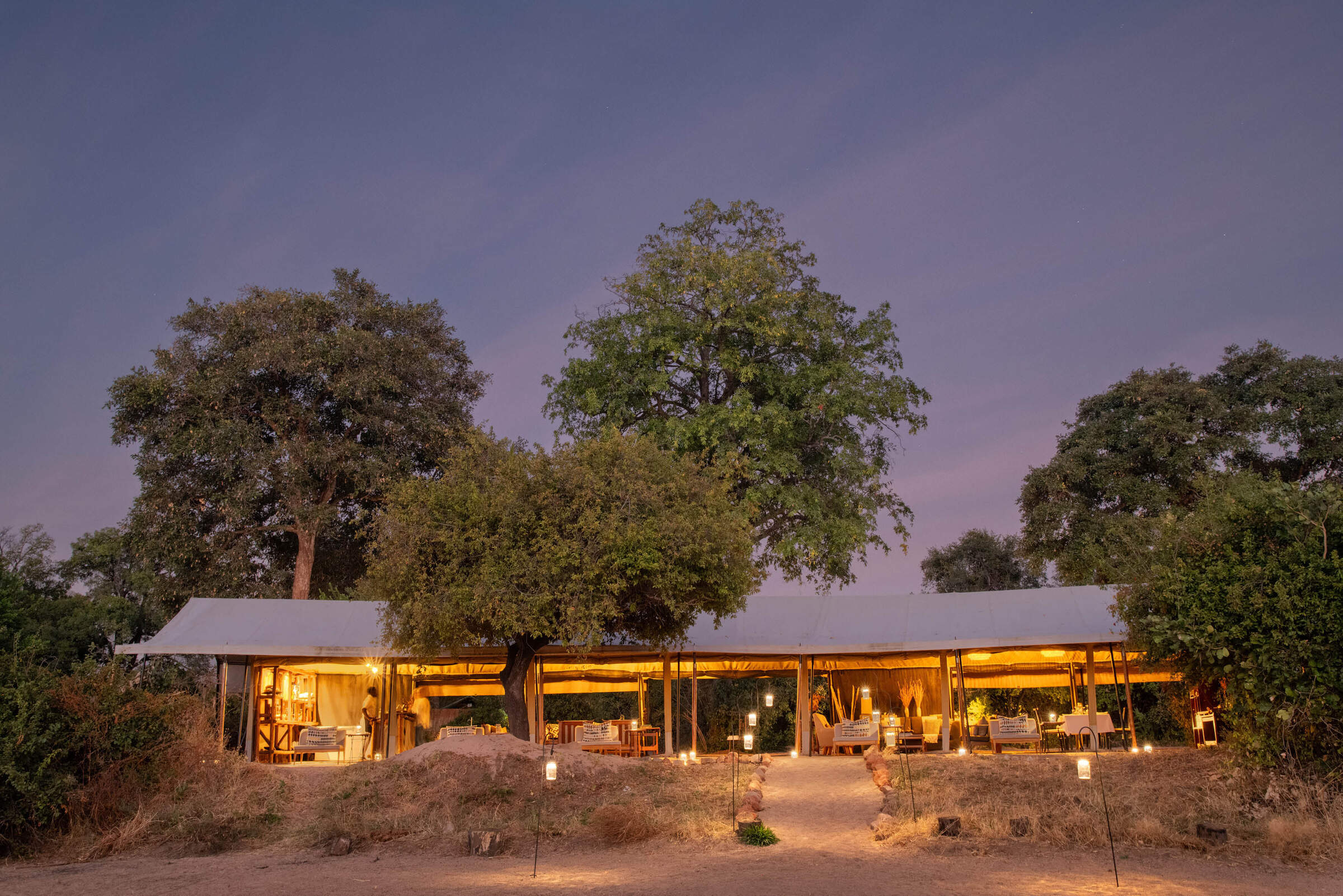
When to go to Ruaha National Park
Our month by month guide: What it's like to visit Kwihala Camp in Ruaha National Park
Jan
Feb
Mar
Apr
May
Jun
Jul
Aug
Sep
Oct
Nov
Dec
Ruaha National Park in January
In January, clear skies and sunshine prevail, with temperatures rising and rain showers not uncommon. This period is excellent for birdwatching, as resident birds enter breeding plumage and migrant species arrive. The Usangu wetlands teem with avian activity. After the end of the festive period, January offers great value and quiet park conditions. However, wildlife may be more dispersed in areas like Mwagusi.
The baobab-dotted landscape provides stunning backdrops for photography. Visitors can enjoy game drives along the river, spotting elephants, buffaloes, and various antelope species. Walking safaris offer intimate encounters with smaller creatures and flora.
- Variable weather: dry, cloudy, or rainy
- Occasional thunderstorms may occur
- Good time for birding, many migrant species
- Wildlife dispersed due to available water
Our view
A good time to visit, with pros & cons
Weather in January
Ruaha National Park in February
February in Ruaha is one of the hottest months, with temperatures reaching around 33°C/91°F. The short dry season continues, making it an excellent time for wildlife viewing around the Great Ruaha River and remaining water sources. There are few tourists in the park at this time, and lodge rates are lower.
This month is particularly rewarding for birdlife as northern hemisphere migrants join resident species in the Usangu wetlands and along the river banks. The Mwagusi area is prime for lion spotting, while the rolling hills and rocky escarpments offer breathtaking vistas. Visitors can enjoy bush picnics and guided walks to explore the diverse flora.
- Hot and dry weather in Ruaha
- Wildlife congregating around water sources
- Excellent game viewing opportunities
- Lush and green landscapes after rains
- Fewer tourists, more intimate safari experience
Our view
A very good time to visit
Weather in February
Ruaha National Park in March
The Great Ruaha River swells, attracting diverse wildlife. This is an excellent time to visit as the vegetation becomes lush and vibrant. Cat sightings may be infrequent, but birdwatching remains exceptional, especially around the Usangu wetlands.
Many camps begin to wind down operations, but those remaining open offer great value. The rains transform the landscape, with baobabs and acacias in full bloom. Walking safaris may be limited, but game drives can reveal unique sightings of animals in their rain-season behaviours.
- Hot with building humidity before rains
- Wildlife viewing variable
- Park is quiet with lower visitor numbers
- Good time for birding in Ruaha
- Green landscapes offer scenic photography
Our view
A good time to visit, with pros & cons
Weather in March
Ruaha National Park in April
April is the wettest month in Ruaha, with an average of 250mm of rain. The park's ecosystem thrives, with the Great Ruaha River and surrounding areas lush and teeming with life. This period is excellent for observing smaller creatures, insects, and birds.
Many of the lodges in the park will close, but a handful remain open, offering significant discounts. Visitor numbers are very low, but this is an ideal time for photographers capturing the park's verdant beauty and for those interested in the park's diverse flora. While big game viewing becomes more challenging due to dense vegetation, patient observers can be rewarded with unique sightings.
- Heavy rains expected, dramatic thunderstorms
- Some camps may close due to accessibility
- Lush vegetation, wildlife more dispersed
- Lowest visitor numbers and rates all year
- Challenging time for game viewing
Our view
This is not a great time to visit
Weather in April
Ruaha National Park in May
As May progresses in Ruaha, temperatures start to drop slightly, and the rains begin to clear. The Great Ruaha River and other water sources remain full, supporting a wide range of wildlife. This transitional period offers a unique blend of lush landscapes and improving game viewing conditions. Herbivores begin to congregate as the land starts to dry.
Visitor numbers and lodge rates remain low, providing excellent value. This is an excellent time to explore the park's diverse habitats, from riverine areas to the baobab-studded savannas.
- Rains continue, creating dramatic skies
- Quiet period with few other tourists
- Lush green landscapes throughout the park
- Wildlife dispersed, fewer sightings
- Lower prices make safaris more affordable
Our view
This is not a great time to visit
Weather in May
Ruaha National Park in June
June marks the end of the rainy season in Ruaha, with wildlife starting to concentrate around perennial water sources like the Great Ruaha River. The landscape begins to dry, but many areas remain green. This is the start of the shoulder season, with camps reopening and offering good value.
Game viewing improves as the month progresses, particularly around the river and remaining water holes. The Mwagusi area becomes excellent for predator sightings. Walking safaris and fly-camping options increase as the terrain dries. The Usangu wetlands continue to offer excellent birdwatching opportunities. Visitors can enjoy spectacular sunsets over the baobab-dotted landscape.
- Variable weather: dry, cloudy, or some rain
- Wildlife starting to gather near water sources
- Park becoming less green, easier viewing
- Good value with shoulder season prices
- Moderate visitor numbers
Our view
A good time to visit, with pros & cons
Weather in June
Ruaha National Park in July
July in Ruaha National Park marks the beginning of the peak season. With no rainfall expected and pleasant daytime temperatures, it's an ideal time for safaris. The Great Ruaha River becomes a lifeline for wildlife, offering excellent game viewing opportunities. As the park dries, animals congregate in fewer areas, making sightings more frequent and spectacular. The Mwagusi area is particularly good for lion sightings. There is also increased chances of seeing cheetah and wild dog.
Walking safaris are at their best, allowing close encounters with the park's flora and smaller fauna. The rolling hills and rocky escarpments provide stunning backdrops for photography. Birdwatching remains excellent, especially around the remaining water sources. Night drives offer chances to see nocturnal species. Seasonal balloon safaris become available.
- Dry and warm days, cool mornings/evenings
- Excellent wildlife viewing as water diminishes
- Popular time with higher visitor numbers
- Peak season prices due to prime conditions
- Seasonal balloon safaris commence
Our view
Fantastic: the very best time to visit
Weather in July
Ruaha National Park in August
August is the heart of the dry season in Ruaha, characterised by clear skies and sunny weather. Nighttime temperatures can be cool, so layered clothing is recommended for early morning game drives. The Great Ruaha River and other permanent water sources attract large concentrations of wildlife, offering excellent viewing opportunities. The Mwagusi and Usangu areas are particularly rewarding for game viewing, and this is traditionally a good time of year for cat sightings.
The iconic baobab trees stand out starkly against the dry landscape. Walking safaris and bush picnics are at their best.
- Dry weather, cool mornings and evenings
- Superb wildlife viewing around water sources
- Busy season with many visitors in Ruaha
- Book early as camps fill up quickly
- Great time for predator sightings
Our view
Fantastic: the very best time to visit
Weather in August
Ruaha National Park in September
September is an excellent month to visit Ruaha. As the dry season peaks, wildlife becomes increasingly concentrated around remaining water sources, particularly the Great Ruaha River. This leads to high densities of animals and frequent predator sightings, especially in the Mwagusi area. The landscape is starkly beautiful, with baobabs and dry savanna dominating.
This is an ideal time for walking safaris and night drives. Birdwatching remains rewarding, especially around the shrinking water bodies. The Usangu wetlands, though diminished, still attract diverse birdlife.
- Fantastic wildlife viewing opportunities
- Parks slightly less busy than peak months
- Very dry conditions, sparse vegetation
- Cool mornings, warm days in Ruaha
- High season prices still in effect
Our view
Fantastic: the very best time to visit
Weather in September
Ruaha National Park in October
October in Ruaha marks the end of the dry season, offering some of the best wildlife viewing opportunities. The Great Ruaha River and remaining water holes attract large concentrations of animals, making for spectacular game drives. Elephant sightings are particularly frequent during this time.
The landscape is at its driest, creating a striking backdrop for photography, though it can be dusty. Predator sightings, especially of lions and leopards, are common in areas like Mwagusi. Walking safaris provide intimate wildlife encounters. Birdwatching remains excellent as migratory species begin to arrive. There's a chance of early rains towards the end of the month, bringing relief to the parched landscape. Balloon safaris operate until the end of October.
- Mostly dry with comfortable temperatures
- Excellent game viewing, especially around rivers
- Landscape can appear barren and dusty
- Lower visitor numbers than earlier months
- Chance of dramatic storms towards month-end
Our view
A very good time to visit
Weather in October
Ruaha National Park in November
November usually sees the start of the rains in Ruaha, though the timing varies yearly. Game viewing is very dependent on the rains. The landscape begins to transform, with new growth appearing. This is an excellent time for birdwatching as migratory species arrive in the Usangu wetlands and other areas. Most camps remain open, offering shoulder season rates and good value.
Early November can be particularly rewarding, combining late dry season wildlife concentrations with the first rains. The large buffalo herds tend to move up onto the escarpment. Walking safaris may be possible depending on conditions. The baobab trees start to leaf, creating a beautiful contrast with the dry landscape.
- Variable weather: dry, cloudy, or rainy
- Park relatively quiet, lower-end prices
- Good wildlife sightings before rains disperse
- Some camps may close for maintenance
- Unpredictable conditions
Our view
A good time to visit, with pros & cons
Weather in November
Ruaha National Park in December
December is a quiet time to visit the park. Game viewing is good, with animals still relatively concentrated. The landscape is a mix of dry areas and new growth, creating diverse habitats. Birdwatching is excellent, with both resident and migratory species present in abundance, especially in the Usangu wetlands. The festive period can be busy, so early booking is essential.
Outside the holiday season, December offers great value with shoulder season rates. Temperatures are pleasant, averaging around 27°C/81°F, with occasional thunderstorms adding drama to the landscape. Walking safaris (weather permitting) and night drives provide varied wildlife experiences.
- Variable weather with possible thunderstorms
- Good game viewing in Ruaha's core areas
- Very quiet early, becoming busier later
- Prices low early, rising significantly later
- Green vegetation starting to return
Our view
A good time to visit, with pros & cons
Weather in December

Looking for inspiration on where to travel next?
Visit our trip chooser to explore your options and find inspiration for your perfect African adventure
Inspire me